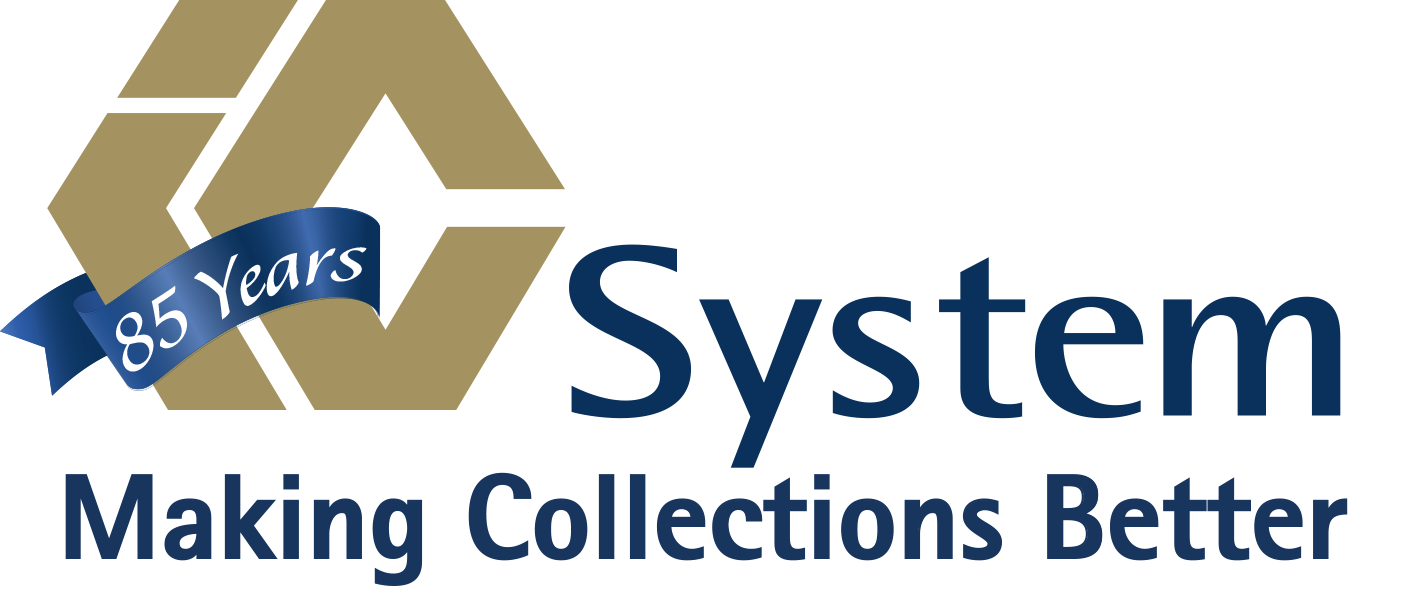The Importance of Self-Improvement at Any Level

Feedback is information or reactions to a product or a person’s performance of a task. It’s used as a basis for improvement. So why is it so hard to receive it? The sole purpose is to produce improvement.
First, I think we need to stop viewing feedback as positive or negative. Feedback is simply feedback. Adding the positive or negative to it makes it emotional. If we start by approaching feedback as the opportunity to grow and nothing more, we have the ability to listen and digest the information without an emotional response.
So, let’s say you have worked at your job for years and you hold every single record in the company. But then your supervisor, who has worked in your office for half as long as you, whom you out-perform on a regular basis, comes to you and gives you feedback. They want you to try some alternative approach to your already winning performance. It’s easy to say to yourself, “Why would I change a thing? I’m number one on the team.”
I want to erase this thought process from your head. Your supervisor might come from a perspective that you never thought of, allowing you to tweak your performance just a little to have more success!
Remember, Michael Jordan had a coach, Whitney Houston had a vocal coach, Robert De Niro has a director, and J. K. Rowling has an editor. These are the greats of the great. They are the best because they understand that growth and education never cease. Do you think Whitney Houston’s vocal coach could out sing her? NO WAY …but she could teach her.
J.K Rowling’s editor Arthur A. Levine said, “I think writers grow by pushing themselves to be more honest and revealing about themselves in their work. They grow by reading and turning outward, not by turning inward and becoming self-referential. The writer who says, ‘Oh, I only concentrate on my own writing—I don’t read other people’s books’ is missing out on the opportunity to be exposed to new voices and approaches that help one grow.”
This approach applies to all careers, especially in the collection industry where we must ensure regulatory compliance, customer satisfaction, and a positive consumer experience. If you only see your style and your way, you are missing the ways in which others excel. We can all learn from each other. In order to reach your maximum potential, you must continue to evolve.
So the next time someone gives you feedback, step out of your own way. Give it a try, see if it works, and continue to hone your craft.
About the Author: Robin Borneman










